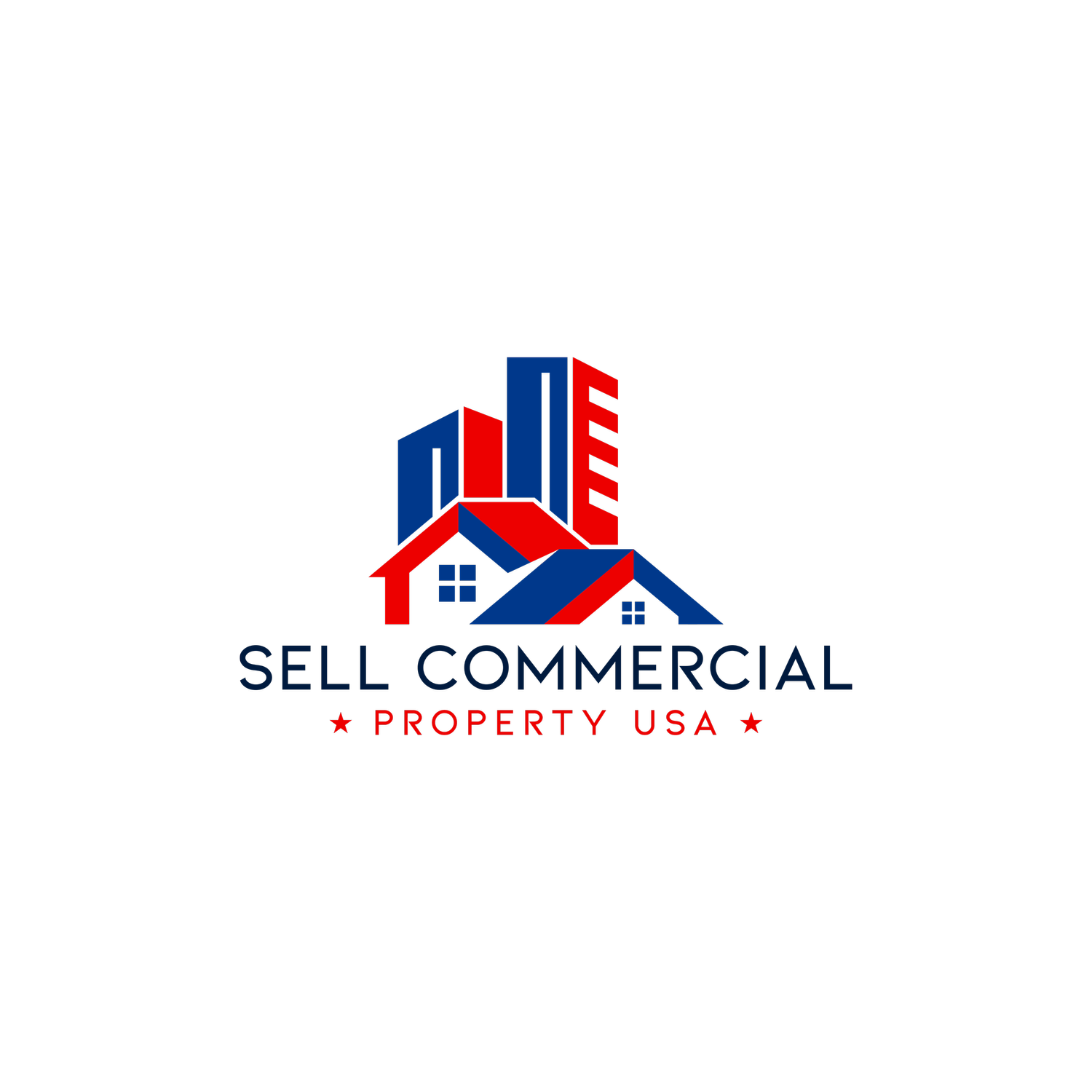Detailed Guide to Selling Your Warehouse, Commercial & Industrial
The global economy has been reshaped by the coronavirus pandemic, leaving businesses and property owners facing new challenges. With many people working remotely and commercial demand shifting, more investors and owners are considering whether it’s the right time to sell warehouses and other industrial properties.
If you own a warehouse or storage facility, this guide will walk you through the essential steps to prepare, market, and close a successful sale.
Why Consider Selling Your Warehouse?
Selling a warehouse is not a simple decision. It requires planning, strategy, and a clear understanding of your financial goals. Owners typically sell warehouses for reasons such as:
Converting assets into liquid cash to pay debts or fund retirement.
Investing the proceeds into new real estate opportunities.
Relocating operations to a different city or state.
Taking advantage of favorable commercial real estate market trends.
Freeing up capital to start a new business venture.
Before selling, think about your objectives. Would you rather secure a smaller payout now or hold out for a potentially larger return later? The right choice depends on your financial situation and long-term goals.
Selling Options for Warehouse Owners
1. Using a Commercial Real Estate Broker
Hiring a commercial real estate agent is the most common way to sell warehouses. A broker can:
Price your property correctly based on market data.
Create a professional marketing strategy.
Connect you with qualified buyers.
Handle negotiations and contracts.
Manage inspections and due diligence.
While brokers charge commissions (typically 4–10%), they can significantly reduce the time your property spends on the market.
2. Sell Warehouse by Owner (FSBO)
Some owners choose the For Sale by Owner (FSBO) route. This allows you to save on broker commissions, but it also means you’ll need to handle:
Advertising your property on online platforms.
Setting the right price.
Screening buyers and negotiating terms.
FSBO works best if you already have buyer contacts or experience in real estate sales.
Preparing Your Warehouse for Sale
Before listing, make sure your property is attractive to buyers:
Legal Documents: Ensure clear title, updated leases, and proper ownership paperwork.
Condition of the Property: Repair roofing, plumbing, and structural issues.
Service Contracts: Clarify which warranties or service agreements transfer to the new owner.
Tenant Leases: A stable tenant with strong financials can increase your property’s value.
Valuing Your Warehouse
Understanding the true market value of your property is essential. Common methods include:
Direct Comparison: Analyzing recent sales of similar warehouses.
Income Capitalization: Valuing based on rental income potential and cap rates.
Cost Approach: Calculating land value plus replacement costs minus depreciation.
Professional appraisers can provide an unbiased property valuation to help set the right asking price.
Marketing Your Warehouse
Your listing should highlight key selling points:
Location and proximity to highways or airports.
Lot size and potential for expansion.
Ceiling height, loading docks, and roll-up doors.
Availability of office or flex space.
Specialized features such as climate control or overhead cranes.
Promote your property on commercial real estate listing websites, social media, and industry networks. Using high-quality photos, maps, and detailed specs will make your listing more appealing.
Closing the Deal
Once you have a buyer:
Negotiate a Letter of Intent (LOI) and purchase agreement with legal assistance.
Allow time for inspections and due diligence.
Ensure financing approvals and proof of funds.
Finalize through escrow with all necessary legal documents.
Having an attorney and financial advisor involved ensures you’re legally protected and financially secure throughout the process.
Conclusion
Selling a warehouse is a significant decision that requires careful planning. Whether you choose to work with a broker or handle the process yourself, the key is preparation: evaluate your goals, price correctly, and market effectively.
By following the right strategies, you can maximize your return and ensure a smooth transaction in today’s competitive industrial real estate market.

